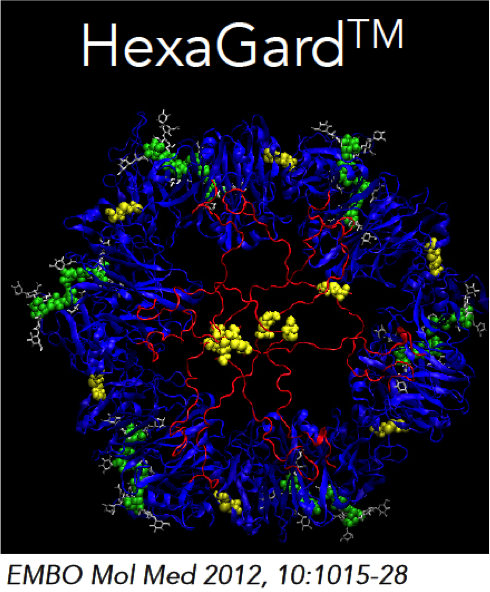Areas of interest
Structure and function of antibodies and their Fc-receptors in immunity to parasites.
Background
Richard Pleass graduated in Zoology from King’s College London in 1990. After an MSc in Medical Parasitology from the London School of Hygiene and Tropical Medicine he obtained his PhD in Parasite Immunology from Imperial College London in 1994. He moved to the University of Dundee to work on IgA, and as a Wellcome Trust Advanced Training Fellow developed recombinant human antibodies targeting the malaria parasite. He became a lecturer at the Institute of Genetics, University of Nottingham in 2003. With 5 yr MRC and EU career development awards he became Associate Professor in 2007 before joining the Liverpool School of Tropical Medicine in 2010. In 2013 his work was recognized with the Universal Biotech Prize in Paris https://www.universal-biotech-prize.com.
Research

Immunoglobulins, also called antibodies, are an important arm of the immune response helping to both eliminate parasites and stop them causing disease. They are flexible adaptor molecules found in blood and are produced by B-cells. While one part of the antibody molecule binds to the pathogen, the other part (the Fc portion) interacts with cells of the immune system via Fc-receptors (FcR). FcR have been described for all five classes of antibody (IgG, IgA, IgM, IgE, and IgD). The structural diversity of the Fc receptor family and their broad distribution on different cells of the immune system enables them to mediate a plethora of biological functions as diverse as antigen presentation, phagocytosis, cytotoxicity, induction of inflammatory cascades and modulation of immune responses. Parasites, in order to survive in the immune competent host, have devised ingenious methods to subvert this important aspect of the immune response. Using a number of approaches, including human FcR transgenic and knockout models, we are dissecting the roles of FcR receptors in immunity to parasites and utilizing this information to drive forward the development of novel self-adjuvantizing vaccines for the neglected tropical diseases.